Marissa Papaconstantinou’s journey as a para-athlete is a story of resilience, one of TrackGirlz seven core values, meaning to be relentless in the pursuit of success.
Born without her right foot, Papaconstantinou grew up in Toronto, Ontario, in a sports-loving Greek-Canadian family. She was drawn to competition from a young age, particularly in football and basketball. However, running was always in the background, waiting for its moment. She was captivated by the idea of track, particularly inspired by her father, a high school principal who took her to local meets, where she saw athletes push their limits.
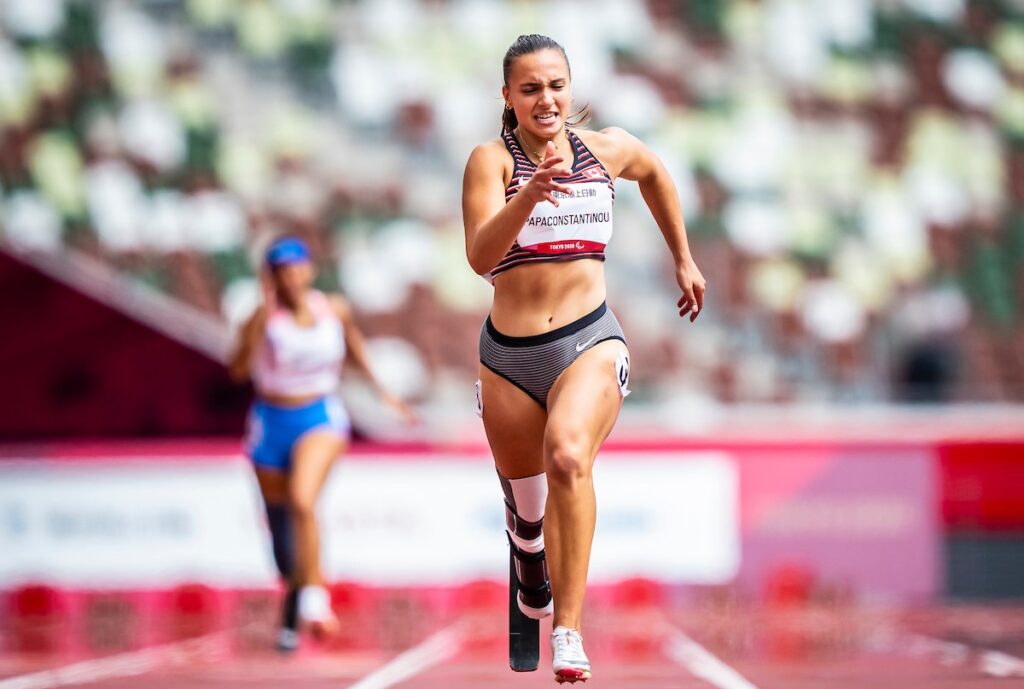
Her own journey began at age 12 when she was fitted with her first running blade. Running with that blade changed her world and set her on a path that would make her a Canadian record-holder in the T64 classification for the 100 metres. Athletics Canada quickly noticed her talent and invited her to train with top-tier athletes, a move that soon led to her representing Canada at the 2015 IPC Athletics World Championships. From that moment, she was on the international stage, where she would compete fiercely, even as life threw obstacles her way.
In 2016, at just 16 years old, Papaconstantinou qualified for her first Paralympic Games in Rio. It was a dream come true, but her journey was cut short when she was disqualified in the 200m final due to a lane violation. Disappointment was inevitable, but Papaconstantinou didn’t let it break her spirit. Instead, she used the setback as fuel, dedicating herself to training with even greater intensity. Her family and coaches stood by her, and she quickly began eyeing her next chance to prove herself.
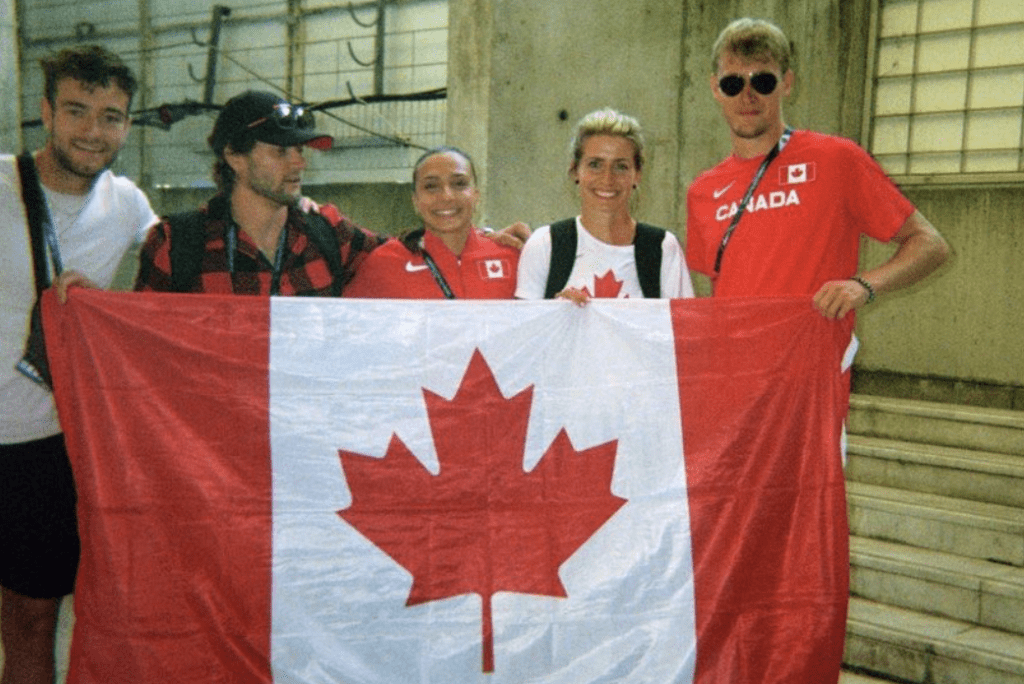
But her resilience was truly put to the test at the 2017 World Para Athletics Championships in London. Papaconstantinou trained harder than ever and made it to the 200m final, ready to take her shot at a medal. She got off to the best start of her life—only to feel a sharp, searing pain in her leg. In an instant, her race was over; a severe hamstring tear had shattered her dreams. The injury was devastating: it required weeks on crutches, months of physical therapy, and a painful journey to regain strength and speed. Had the tear been any higher, doctors said, she might have needed surgery—an outcome that could have ended her career. For Papaconstantinou, this was a pivotal moment, one that pushed her to confront the reality of life as an athlete, where resilience is essential, and every comeback is hard-won.
The road to recovery was gruelling. Papaconstantinou’s daily routine revolved around physical therapy, acupuncture, and exercises designed to help her regain strength and mobility. For months, she worked on strengthening her hamstring and learned to manage her frustration and doubts. She refused to rush her recovery, taking the time needed to rebuild herself physically and mentally, knowing that she could only return to the track on her own terms. Five months later, after intensive rehab and a personalised training program, she was back, stronger and more determined than ever.
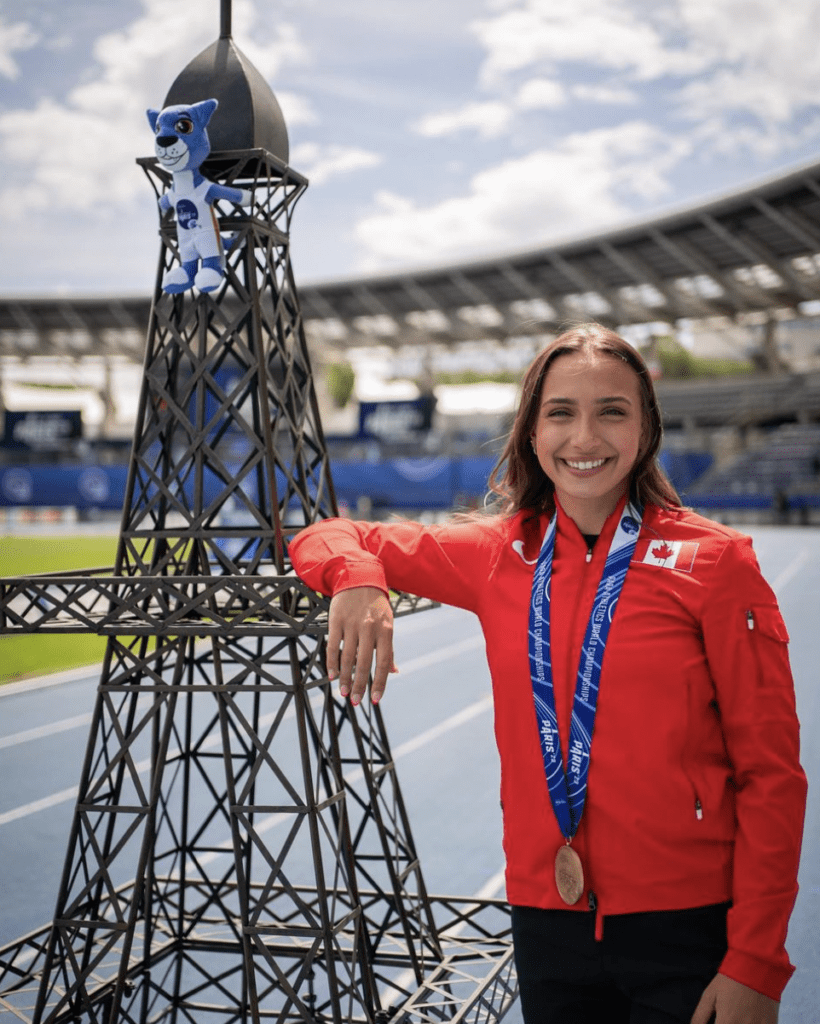
Papaconstantinou’s comeback story resonated in the para-athletic world. She had become a symbol of strength, inspiring not only the Canadian track and field community but also young athletes worldwide who faced their own battles. In 2019, she achieved new milestones, becoming the first Canadian female para-athlete to sign with Nike. Her presence on the track began to turn heads, as she climbed the global rankings and established herself as a medal contender, despite her earlier setbacks. At the Tokyo Paralympics in 2020, she reached a personal best in the 100 metres, capturing the bronze medal.
But Papaconstantinou’s journey didn’t end with a single medal. She continued to set new goals, including her remarkable performance at the 2023 World Para Athletics Championships in Paris, where she earned bronze in the 200m T64. As she competed, she embraced the support of her family, her coaches, and her community, who had stood by her through every victory and setback. Each race was a testament to her growth—not just as an athlete but as a person who had learned to face adversity.
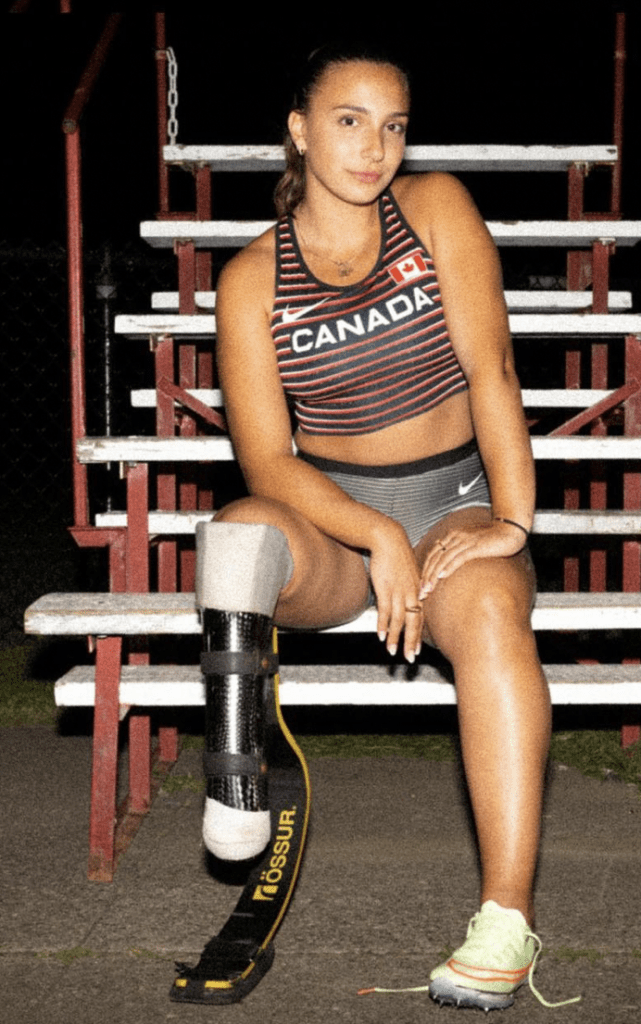
Today, Papaconstantinou trains harder and smarter than ever. She’s learned to take things day by day, setting immediate goals while keeping her sights set on long-term achievements. Her journey is a powerful reminder that the greatest victories are often those we achieve within ourselves—facing fears, overcoming setbacks, and finding the strength to keep going, no matter the odds.
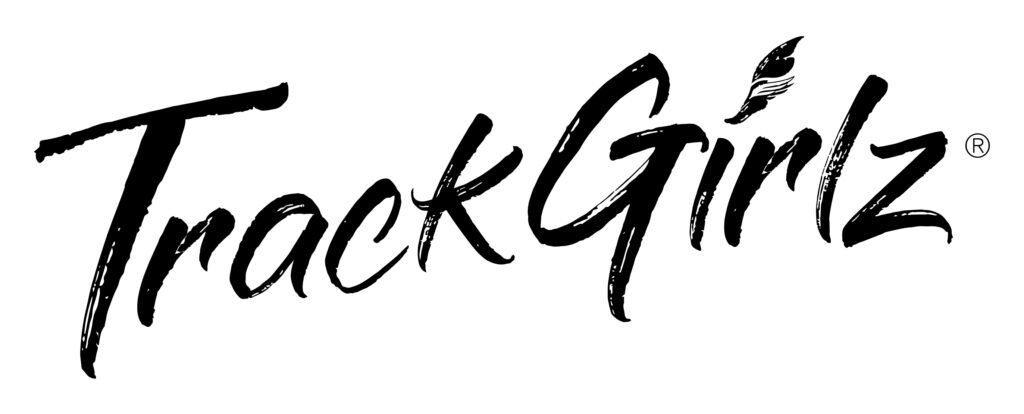

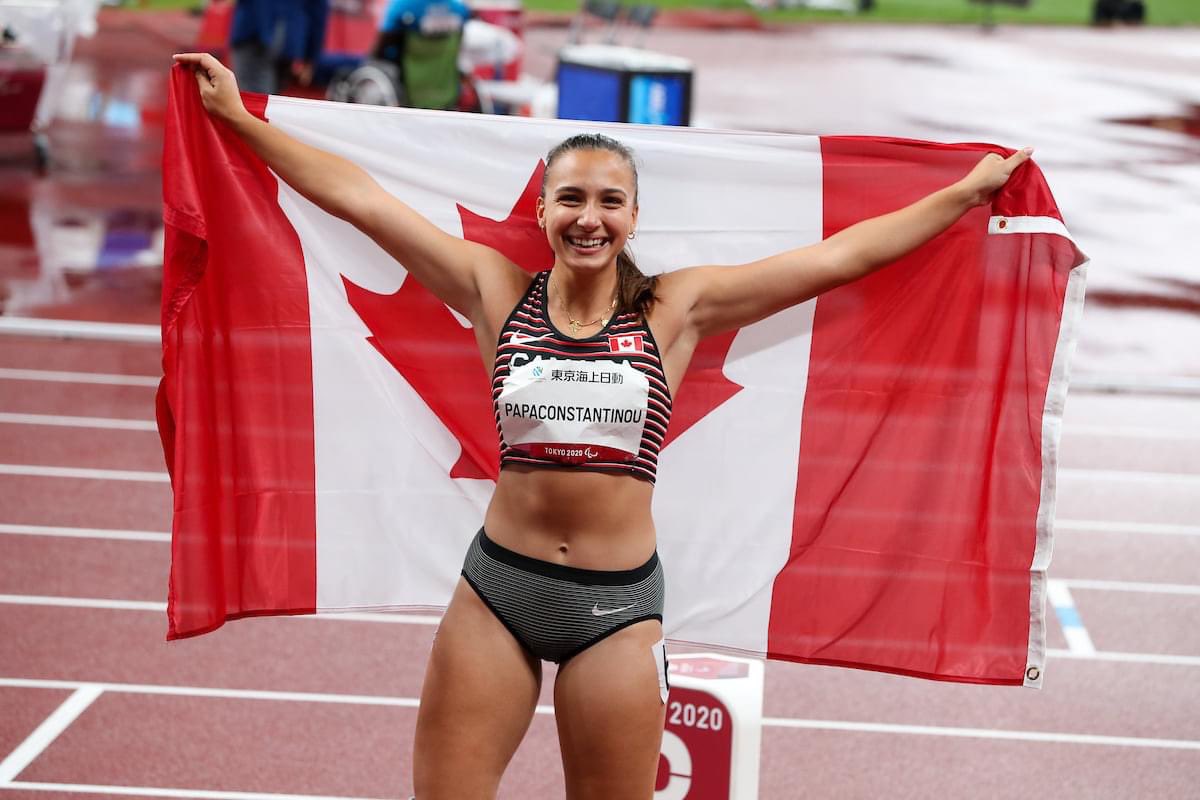
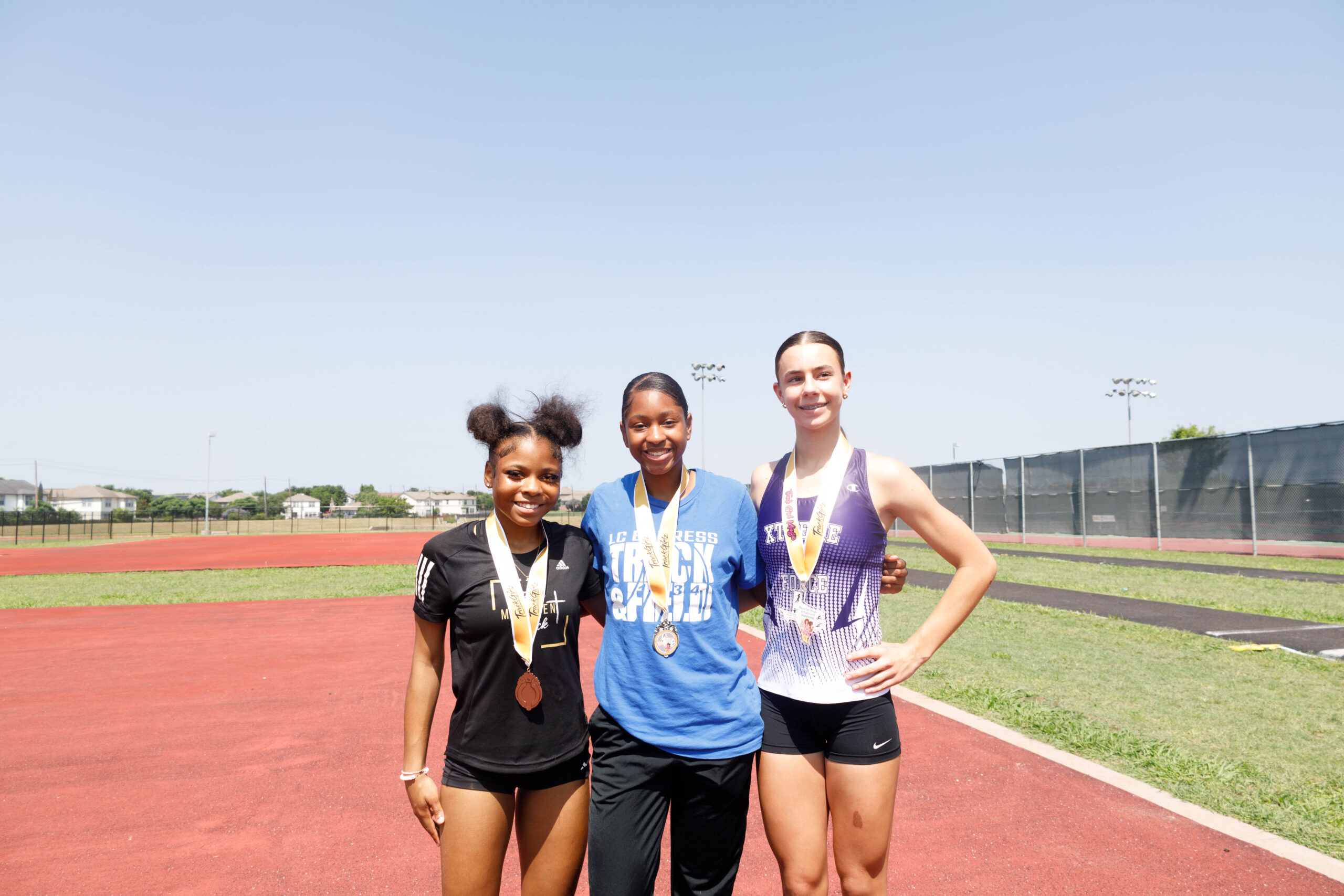
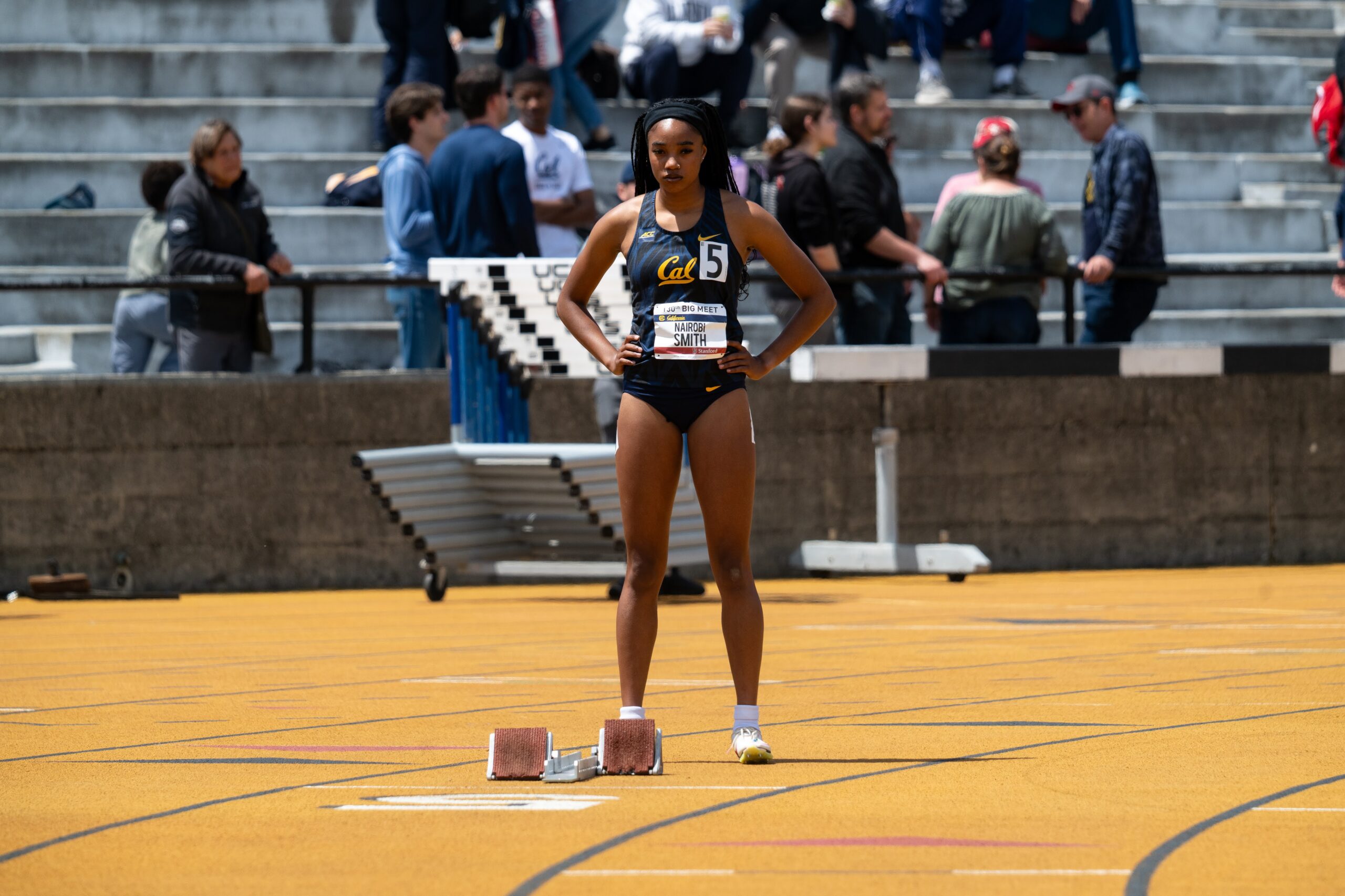
Leave a Reply